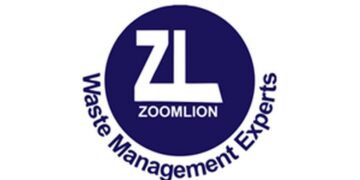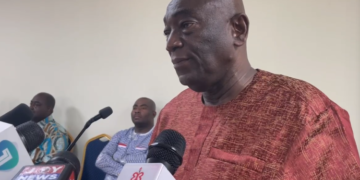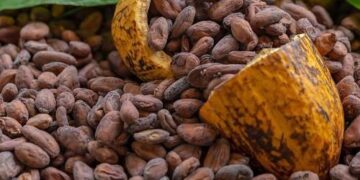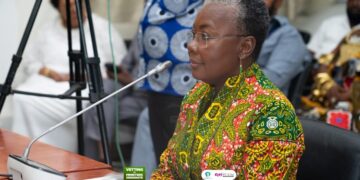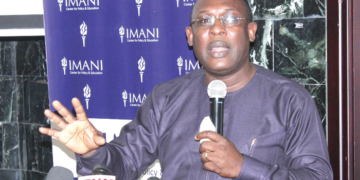Dr Bernard Oko-Boye, Deputy Minister of Health, has launched the 2020 World Antimicrobial Awareness Week (WAAW) celebration, aimed at enhancing public education on the misuse of antibiotics and its attendant health consequences.
According to him, the emergence and increasing spread of Antimicrobial Resistance (AMR), remained a major global public health concern associated with serious consequences for the treatment of infections, ultimately affecting both economic and social development.
Multiple factors such as the overuse of medicines in humans, livestock, and agriculture, as well as poor access to clean water, sanitation, and hygiene, he said, had accelerated the threat of AMR globally of which Ghana was no exception.
Dr Oko-Boye said “AMR occurs when bacteria, viruses and fungi resists the effect of medications, making common infections harder to treat.
It then increases the risk of disease spread, severe illness and death, hence, antimicrobials such as antibiotics, antiviral and antifungal medicines, were key agents and critical tools for fighting diseases in humans, animals and plants.
He explained that the incorrect medical indications, inappropriate self-medication, non-adherence to therapy, over-the-counter sale of antibiotics from unlicensed medicine and unapproved outlets.
Inappropriate use in animals, poor infection prevention practices such as hand washing and improper waste disposal, were among the causative factors of AMR, which must be tackled with all seriousness.
“For Ghana, this phenomenon could have dire consequences on the poor and vulnerable, as well as the affluent,” therefore, efforts at controlling and containing resistance had been designed from a broad perspective as well as within the framework of regional and global networking and information sharing.
Dr Oko-Boye said the week-long celebrations on the theme: “United to Prevent Antimicrobials,” therefore, provided a unique opportunity for stakeholders to increase their awareness strategies for AMR, and encourage best practices among the public, health workers and policy makers, to stop the emergence and spread of drug-resistant infections.
He called for a united front through strengthened stakeholder partnership, to do more to win the battle against microbes that were threatening the existence of humans.
The Deputy Health Minister admitted that weak governance systems, increasing amounts of substandard and counterfeit medicines, and the country’s challenged supply chain integrity of antibiotics, had compounded the problem of AMR.
These he said needed to be tackled holistically in the spirit of the united “One Health” approach.
He encouraged the Tripartite Organisations made up of the Food and Agriculture Organisation (FAO), World Health Organisation (WHO), the World Health Orgainsation for Animal Health (OIE), and the WHO, to effectively collaborate with all other stakeholders, and find strategic solutions to reduce the menace.
He noted that a lot of work was also being done in other areas including surveillance and laboratory strengthening, public education, infection prevention, control practices as well as antimicrobial stewardship programmes.
Dr Oko-Boye urged the Ministries of Health, Agriculture, Fisheries and Aquaculture, and Environment, Science, Technology and Innovation, respectively, to put in more effort.
He urged all the regulatory authorities, to come up with effective strategies, and apply the whip where malpractice such as inappropriate the sale of antimicrobials was found.
He said as part of activities for the week, the Pharmaceutical Society of Ghana (PSGH) and some NGOs, would continue a week-long nationwide awareness campaign, and on social media, while a community durbar would also be held at Kasoa, where members of the public would be educated on the abuse, misuse and overuse of antibiotics and its consequences, and provide health screening.
GNA



